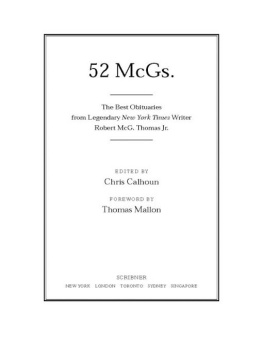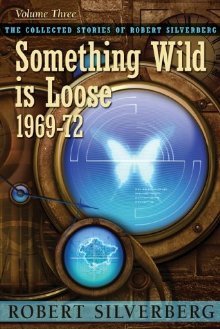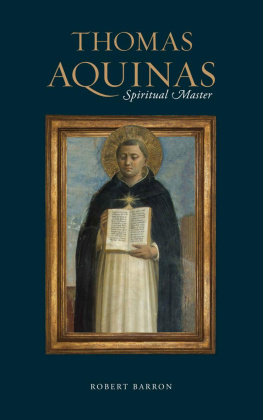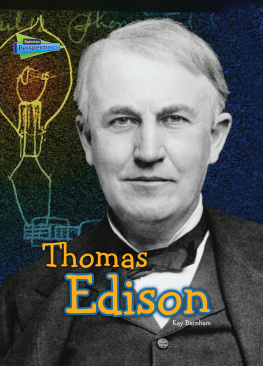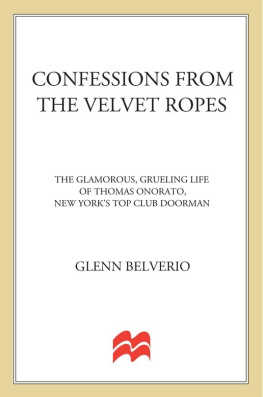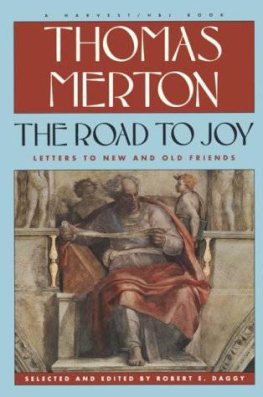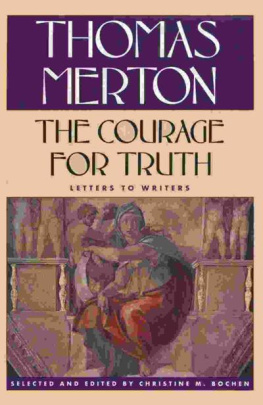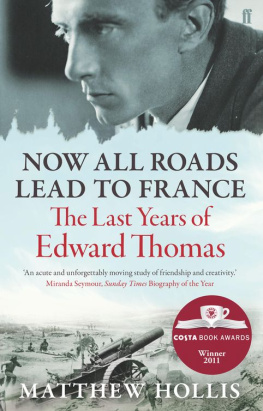
For Joan Thomas

SCRIBNER
1230 Avenue of the Americas
New York, NY 10020
Visit us on the World Wide Web:
http://www.SimonSays.com
Copyright 2001 by The New York Times Company
Editors note copyright 2001 by Chris Calhoun
Foreword copyright 2001 by Thomas Mallon
All rights reserved, including the right of reproduction in whole or in part in any form.
SCRIBNER and design are trademarks of Macmillan Library Reference USA, Inc., used under license by Simon & Schuster, the publisher of this work.
ISBN 0-7432-2373-X
Selections from the collection contained herein were originally published individually in The New York Times.
CONTENTS
FOREWORD
It is amazing how many of these you will remember.
You first read them with your morning coffee, or on the subway, or waiting for the computer to boot upalways while you were moving headlong into another day of busy and ordinary life. And yet they stuck, to the mind and heart. During the last half of the 1990 s, the obits became a must-read for thousands of New Yorkers who let the latest doings of Bill Clinton and Rudy Giuliani wait a few minutes, until they had found out what Charles McCartney (Known for Travels with Goats) and Angelo Zuccotti (Artist of the Velvet Rope) had been up to all their lives. Of an art that stretches from Milton to the webmasters of Good Bye!, the on-line Journal of Contemporary Obituaries, Robert McG. Thomas Jr. ( 1939 2000 ) was the modern and too shortlived American master.
A lover of the far-fetched and the overlooked, he reveled in making sure that even in the Newspaper of Record, the last could be first. Assigned to the obits desk in 1995 , after a long Times career that took him from copyboy up through the sports and society sections, the burly six-foot-four Thomas was ready to escort a parade of eccentrics and unknowns through a needles eye toward improbable fame and, for all one knows, heaven. His send-offs were funny, stylish and unfailingly soulful. He could be a New Orleans jazz band or a hushed friar as occasion demanded and always, unbelievably enough, on the pages of The New York Times .
Luckily enough, the paperin particular, editor Marvin Siegelrealized what it had in Thomas. They learned to assign him the disenfranchised, says Bill Brink, his friend and onetime colleague on the sports desk. The paper also let him rearrange the obituarys hitherto rigid formulae and put him to work more often on deadline than in advance. If they didnt give him something until three oclock, theyd have something great by eight, says Brink.
Philip OConnor, an incorrigible, flamboyant and decidedly self-absorbed British eccentric who turned a fulsomely frank account of his abject childhood and misspent youth into a rollicking literary sensation in 1958 , died on Friday at his home near Uzes in southern France. Every lead was the subjects life. Thomas had to keep syntax steady and see things whole, get the corpse across the Styx and into the readers field of visionto say nothing of his weekday-morning attention span. In a genre that requires cramming, he never seems rushed. He could get things done with the confident simplicity of Trollope. Mr. Anderson, a bachelor, was rich as well as lonelythus is an ex-slave and old soldier readied for his marriage to Miss Daisy Graham, the subject of the first piece in this collection. (Its no wonder Thomas did Maurice Sagoff proud on March , 1998 , commemorating the art of another compressor who had reduced the plot of Crime and Punishment to twenty short lines of verse.)
Thomas had dozens of playful tricks that, in the end, the Times s editors decided could safely be used upon the obscure departed if not the living luminaries of the A section. If they hadnt been dead already, Thomas might have killed some of his subjects with his puns; and he could parody with the best. About Anne Hummert, the creator of over a dozen soap operas, he asked: Can a career woman who sacrificed her leisure to keep a nation of enthralled housewives glued to their radios for the better part of two decades survive a heart-wrenching regimen of producing as many as cliff-hanging episodes a week to live a full, rich and long life? Beautifully alert to verbsHal Lipset, a storied San Francisco sleuth who helped elevate, or rather reduce, electronic surveillance to a miniature artThomas wrote as if hed never heard of an exclamation point, let alone thought of using one. In his hands, irony was not the allpervasive, self-congratulatory thing it is today. He loved it for its funny, cosmic consolations: Sidney Korshak, the lawyer-fixer, became so valuable to the mob and its corrupt union allies that lower-level mobsters were ordered never to approach him, lest they tarnish his reputation for trust and integrity.
In an era of bloated life-writing, Thomas restored the biographical essay. Try to cut almost any of the pieces in this volume and youll be cutting, in more than one sense, into bone. One doubts, however, that this grand obituarist would have made a good book-length biographer. Like Hal Lipset, the electronic eavesdropper, Thomas was a natural miniaturist. Full-blown biography would have required him to situate, evaluate and categorizeto take the long, chronological view when he was so much inclined to the shapely, enthusiastic burst. Besides, he probably never would have finished the book. A literary agent once approached him to do a life of Jack Kerouac, and the way he reacted was typical, recalls Bill Brink, now the Times s deputy sports editor. He went out and bought fifteen books by and about Kerouac. He plunged in and then never got around to the proposal.
The pages that follow are full of wit and without a trace of snideness. When Thomas needs to debunksay, the claim that Walter J. Kuron flew in the Red Barons flight winghe does the job with an almost regretful gentleness. He never condescends, especially to the kind. The Mormons who sew mittens for people with AIDS are elderly volunteers for whom the familiar act of knitting or crocheting became a way to relate to a baffling world beyond their experience. And the Reverend Louis A. Saunders is celebrated as a fellow artist of concision for one of the briefest eulogies ever: Mrs. Oswald tells me that her son, Lee Harvey, was a good boy and that she loved him. And today, Lord, we commit his spirit to Your divine care.
Thomas loved oddball information for its own sake, but one shouldnt ignore the casual, inductive education so many of these pieces provide without even trying. An obit for R. V. Patwardhan, the Manhattan Hindu priest who modified the incendiary portion of his faiths wedding ceremony to conform to New Yorks fire laws, brings to life the beginnings of a whole community prior to a sea change in immigration law. Similarly, Thomass treatment of Sydney Guilaroff, Stylist to the Stars, shows him playing both the white and black keys with a lovely lack of strain; a man, a milieu and an era are unrolled in twelve harmonious bars.
Thomas did not need a subjects life to be crowded with incident, as Lady Bracknell once put it. He was more intrigued by accidentEdward Lowes now legendarily fortuitous discovery of Kitty Litter, or the way Fred Feldman became a helicopter traffic reporter. He was especially pleased if the unexpected occurrence had led the subject into a lifetime of doing what he loved. Versatility did not impress RMcGT Jr.; being steadily tickled by something did: Milton Rubincams genealogy; Toots Bargers championship duckpins-playing; Francine Katzenbogens cats. Thomas loved charming inanitiesthe state sport of Maryland is jousting, not duckpinsand people who are, above all, harmless, a human condition far rarer than one might think.
Next page
